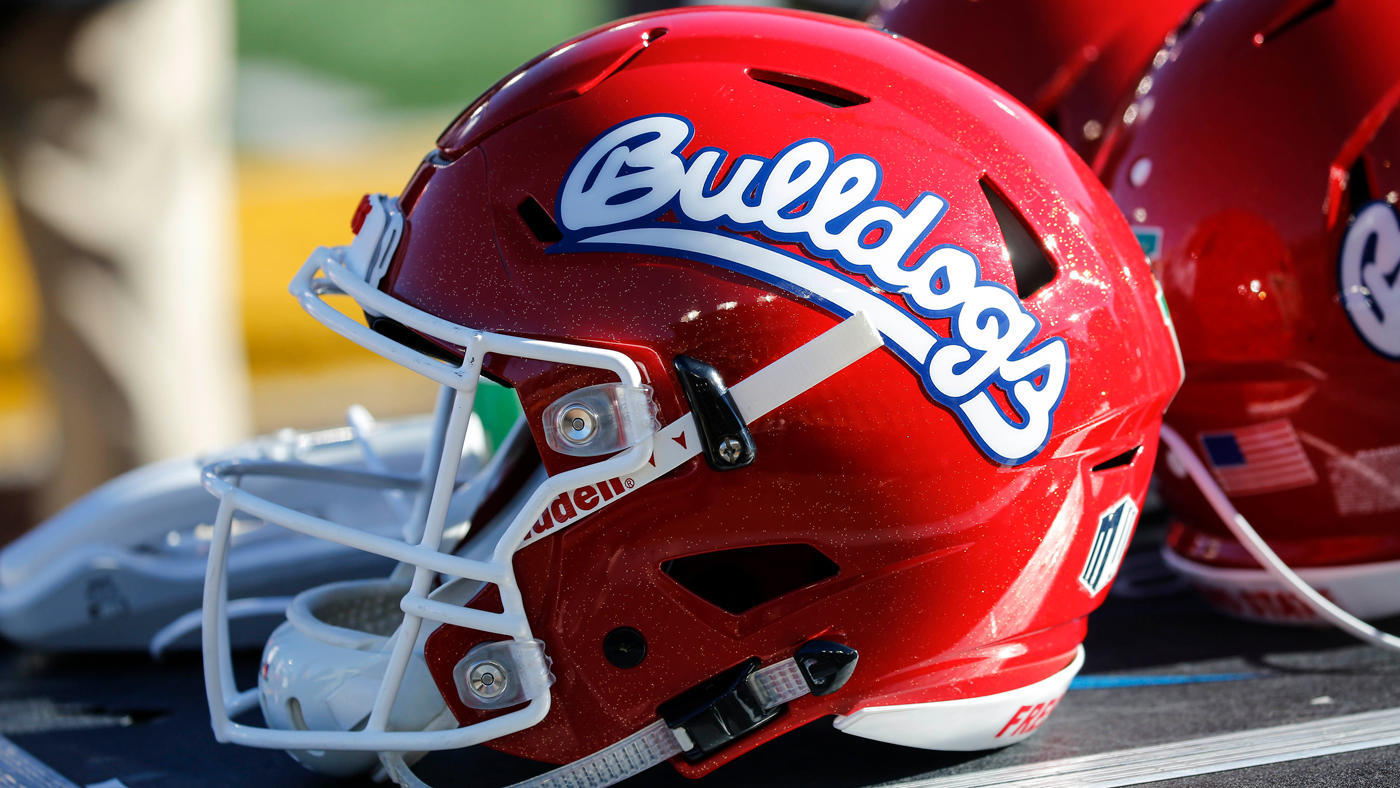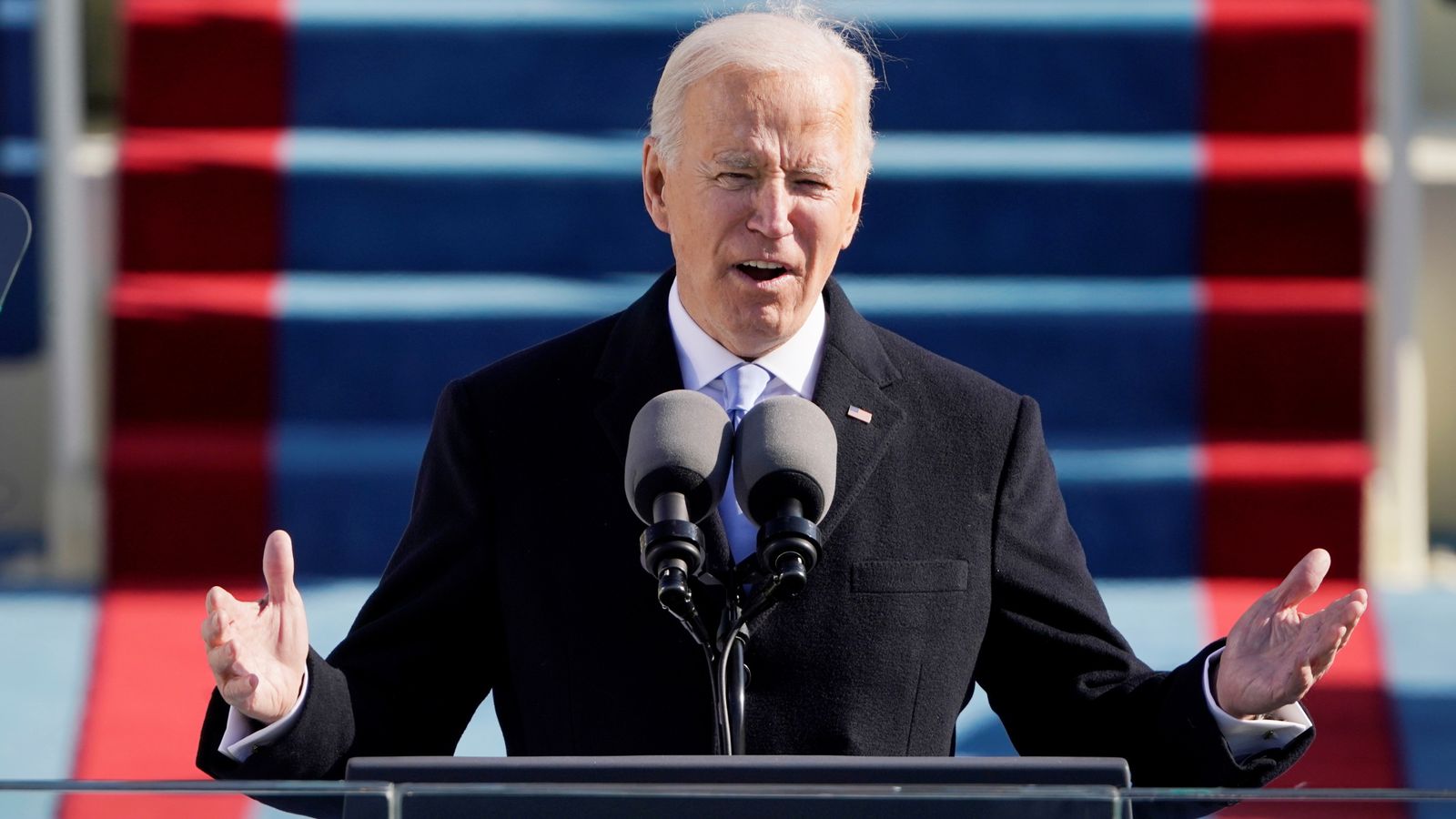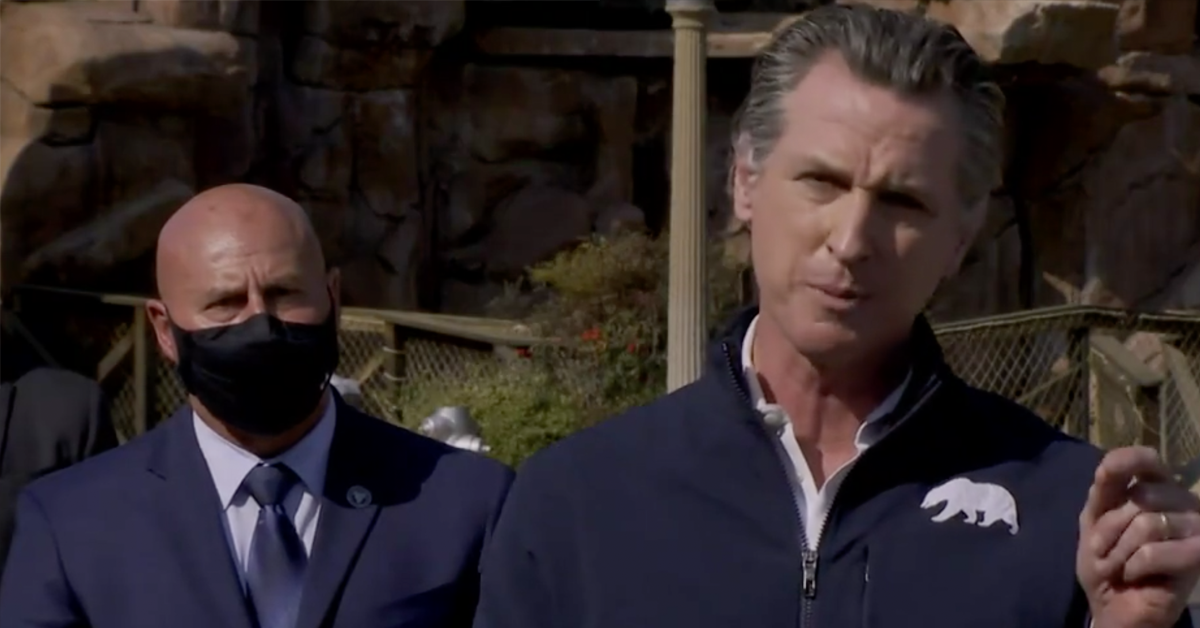Gov. Gavin Newsom will face voters on Sept. 14 with no party preference on the ballot, a Sacramento judge ruled after an eleventh-hour petition from Newsom’s legal team after weeks of feuding with his handpicked Secretary of State.
The battle, which started over paperwork flub by Newsom’s political team in responding to the recall, centered on a piece of legislation signed into law by Newsom himself two years ago.
Newsom signed Senate Bill 151 into law on Oct. 8, 2019, which greatly changed elements of the recall process for state elected officials.
The bill, now law, enabled partisan public officials subject to a recall election the ability to display their party preference on the recall ballot. While approved in 2019, it wouldn’t come into effect until Jan. 1, 2020.
The law has a unique hitch: the to-be-recalled elected official must indicate whether to display his or her party affiliation on the recall ballot when they file their answer to the recall effort.
By law, that answer date is seven days after the Secretary of State issues a Notice of Intention for a Recall.
For the current 2021 recall effort, Newsom filed his answer on Feb. 28, 2020 – 16 months ago. The recall answer did not include Newsom’s party preference.
Secretary of State Dr. Shirley Weber, for her part, has been steadfast in her unwillingness to bend the rules and accept a declaration of Newsom’s party affiliation 16 months after the deadline, even for the Governor who appointed her to the position.
“The Secretary of State’s office has a ministerial duty to accept timely filed documents. Acceptance of filings beyond a deadline requires judicial resolution,” Weber’s spokesman Joe Kocurek told legal pub Courthouse News.
Monday, Sacramento County Judge James P. Arguelles ruled that the law offered candidates “discretion to inform recall voters about their party preferences, as opposed to imposing a requirement that voters be so informed.”
He also rejected a key argument from Newsom’s legal team that the requirement to decide displaying partisanship so early in the process should excuse the error.
“Governor Newsom argues that unique circumstances attending his untimely party designation support an order excusing the noncompliance,” Arguelles wrote in his decision, adding “the court is not persuaded.”
Candidates for the replacement election, which appears on the same ballot as the recall question, are facing a Friday filing deadline.
They are required to supply 65 to 100 valid voter signatures, a $4,195 filing fee, and five years worth of tax returns to the Secretary of State to qualify for the ballot.










